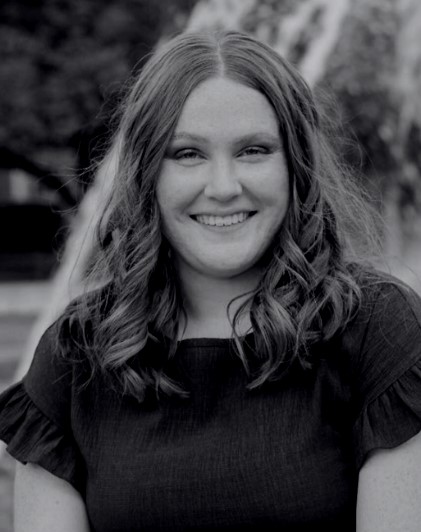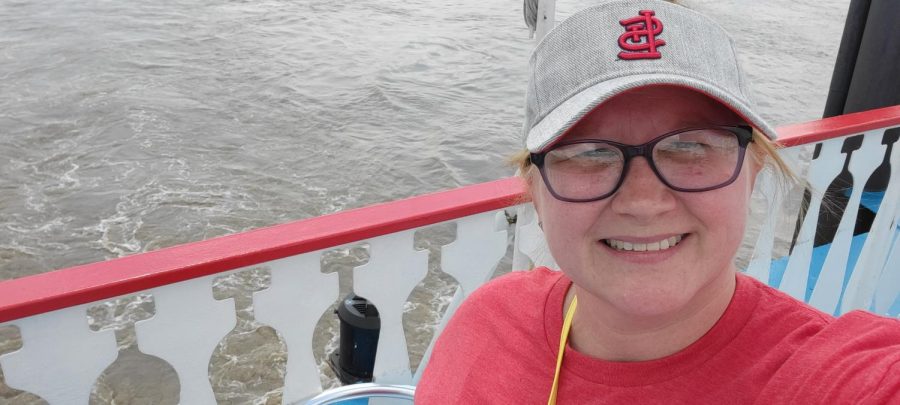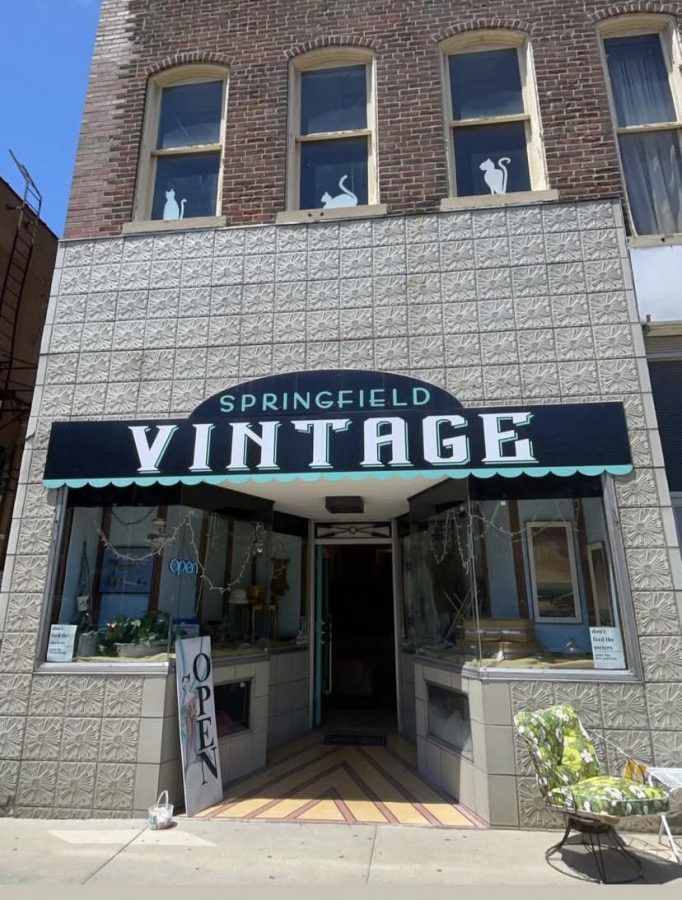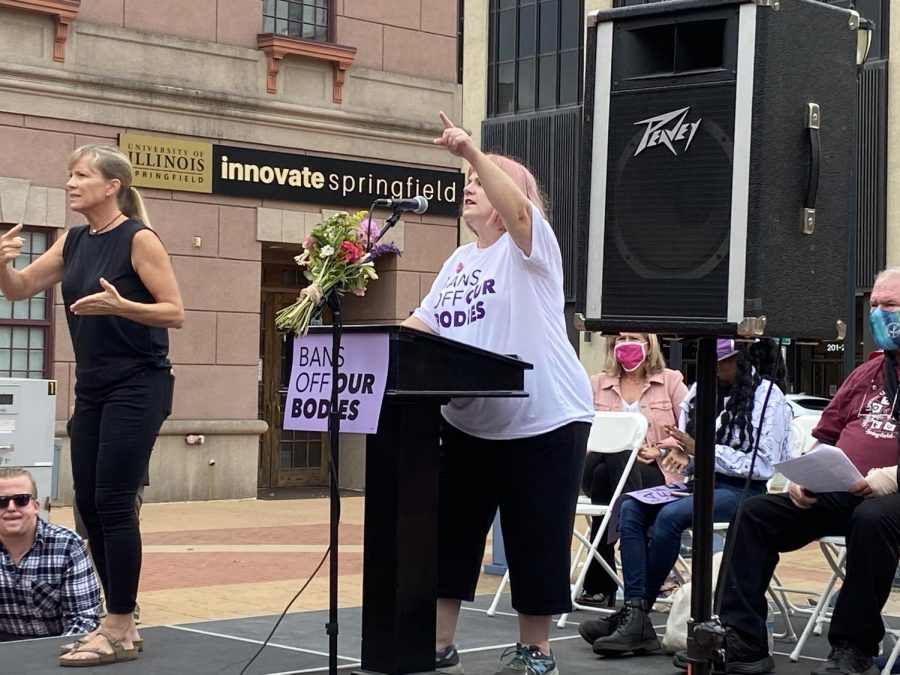
By Tyler Cameron
Staff Writer
You, your husband and your parents have moved states. Your husband has taken a leave from his job, and you quit yours.
On Nov. 1, you will take medicine prescribed to you by a doctor with the intent of ending your life.
Sound crazy?
This is what Brittany Maynard has recently done after she was diagnosed with an incurable stage 4 brain cancer.
Maynard and her family moved from San Francisco to Oregon, one of five states that have a Death with Dignity Act, which would allow her to have a doctor-assisted suicide on Nov. 1 of this year.
The Death with Dignity Act has been introduced as legislature in several states; however most doctors are against it. The Death with Dignity Act was not being considered in the Illinois Legislature, when this article was printed.
Maynard’s actions have caused a national debate about medical ethics.
She has become a spokesperson for the Death with Dignity Act, posting videos explaining that she is not suicidal, but she does not want to suffer through the mental and physical pain of cancer.
Ethical questions are often raised when serious illness is involved.
A local man with lung cancer, which spread to his lymph nodes and liver, could face up to 10 years in prison for the actions he took when his doctors gave him nine months to live.
After several ineffective rounds of chemotherapy, he used an outside source to purchase 22 ounces of medicinal marijuana from Colorado.
He then used a homemade device, involving Everclear, a highly explosive alcohol, to boil it down into 70 grams of resin, which he uses to, self-medicate.
“With the resin, which I just inject into a piece of bread usually, I’ve lost the pain and have even gone back to work,” he said.
He goes on to say, “The painkillers weren’t working; they made me depressed, and the chemo was killing me. I couldn’t do another round of that. Buying this much (marijuana) would get me 10 years for intent to sell, but it’s helped.”
Connie Ward, a 25-year veteran nurse and risk manager at the Springfield Clinic, feels uncomfortable with the Death with Dignity Act.
“I was taught by my religion that suicide is wrong, even in situations like that,” Ward said, when asked if she would assist a patient who asked her for help with a medically assisted suicide. “Yes, the patients come first, but nurses and doctors have rights as well, and it goes against the oath that they all take.”
Nurses from the hospice unit at St. John’s Hospital are divided on the issue.
“If it was legal in Illinois, we still probably wouldn’t do it here at the hospital, but I would find someone willing to help the patient with what they wanted,” one nurse said.
“Hospice care is different than what Brittany Maynard is doing, because we don’t try to speed up the process at all. We just treat the symptoms and let the time come naturally, while trying to ease pain,” another one added.
Situations such as Maynard’s shine a spotlight on this serious ethical dilemma.
Can only people in awful situations see the rationality of an action, or will doctors treat doctor-assisted suicide on as the ultimate form of patient care?
As “Issues like this are never black and white,” another nurse from the St. John’s Hospital’s hospice unit said. “It’s just one of those things that you would have to decide if you are faced with it, and you just hope you never are.”
Tyler Cameron can be reached at 217-786-2311 or [email protected].
















